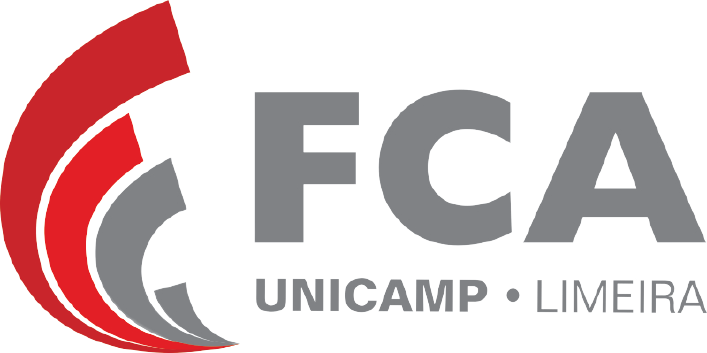Since its creation, PPG-CNEM offers a proposal for a multidisciplinary study of Nutrition, with a view to training and improving professionals in different areas of knowledge bordering nutrition. Our focus is on some specific areas of Nutrition Science, such as Clinical and Epidemiological Nutrition, Food Science and Technology, Experimental Nutrition and Nutrition in Collective Feeding, but also includes the basic area, with studies focused on Physiology, Biochemistry, Cellular and Molecular Biology, Immunology and Anatomy, as well as related areas such as Sport, not only through studies of different nutritional approaches aimed at athletes, but also studies of movement and behavior, changes in locomotor pattern and responses to physical training.
In 2016, with the review of the Program's normative and regulations, the areas of concentration and lines of research were reformulated, maintaining the multidisciplinary vocation of the program, focusing on Nutrition and its closest related area, Sport. The concentration areas aimed at the study of metabolism and food were merged, giving rise to a single concentration area, "Nutritional Sciences and Metabolism". The area of "Sports Sciences" has not been modified, having been preserved in order to enable the exercise of research within the area of Sport, bringing together studies at the interface between the two fields of knowledge.
Concentration Area: Sports Sciences - AA
Line: Sports Sciences applied to experimental and human models
Line Description: Physiological and molecular responses to physical exercise, behavior evaluation, physical training applied to experimental and human models, movement biodynamics and pedagogy of sports training.
Concentration Area: Nutritional Sciences and Metabolism - AB
Line: Cell Signaling, Nutrients and Health
Line Description: Molecular mechanisms involved in metabolic disorders; control of food intake and energy expenditure; epigenetics; nutrigenomics; metabolic programming; inflammation, pain and tissue repair; description and application of bioactive compounds, supplements and nutrients in chronic non-communicable diseases associated with nutrition; translational nutrition; intestinal microbiota.




